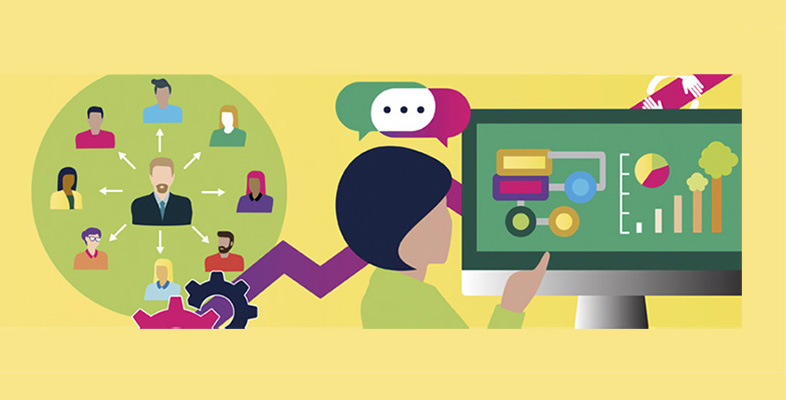4.3 Negotiating access
The importance of negotiating access to your main stakeholders and the importance of ‘gatekeepers’, i.e. ‘influential individuals’ (Blaxter et al., 2013: 159), cannot be underestimated. People who stand between you and the sources of information you might need, such as managers, heads of departments, CEOs, for example, must be identified before you begin your change. This will then help you to ancitipate potential blocks to progress, and ‘change champions’ – people who are likely to support your change efforts.
Tip
Remember that you may need permission in order to use certain types of internal secondary data for your project. Once you have identified the internal secondary data you would like to use, ensure you obtain clearance before you start the data collection process.
Activity 6 Negotiating access to internal secondary data
Based on your findings from Activity 5, describe three to four tactics you could deploy to gain access to the internal sources of data you identified.
Feedback
One of the most common methods to gain access to restricted or confidential information is to tap into your network and contacts, especially if these individuals are influential in the organisation. You may want to offer something in exchange for their assistance. For example, you may give the person concerned a report into the findings of your research in return for access to information.
Securing anonymity of parties featured in the secondary data or deleting sensitive information can also assist you in getting access. If the gatekeeper in question is sceptical about your motives for requiring the documents, be prepared to spend some time outlining the aims of the project, explaining how the information concerned will help address your chosen work problem. Offering the gatekeeper the opportunity to read and offer feedback on your project report before submitting it may also help persuade them.
